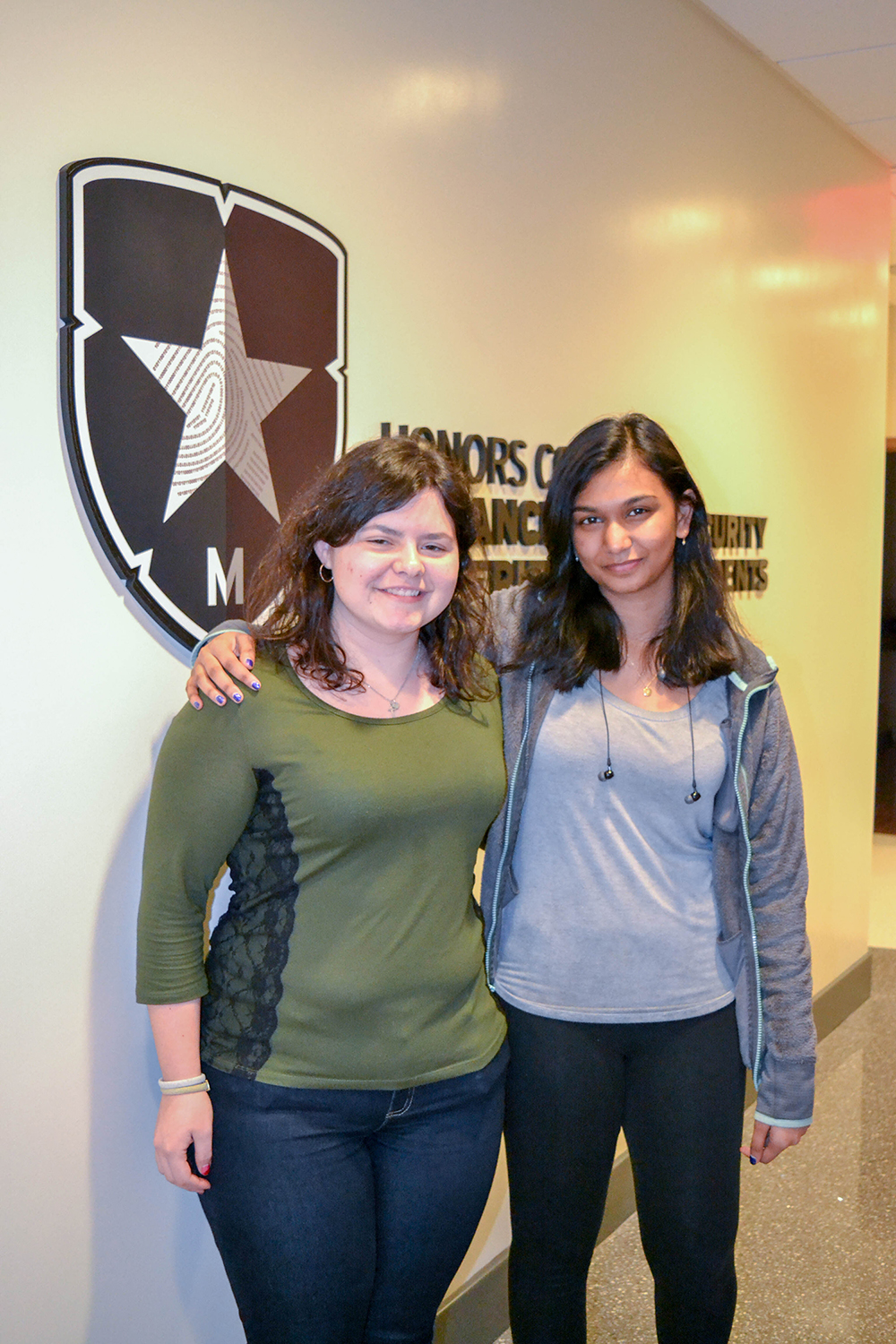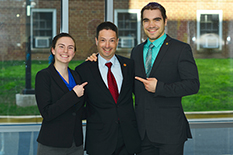News Story
ACES Students Work on US Voting Vulnerabilities

Last summer, ACES sophomores Hannah Locraft and Priya Gajendiran worked on research with Dr. Natalie Scala from Towson University and the Maryland Cybersecurity Center at the University of Maryland, College Park. Dr. Scala was interested in studying the vulnerabilities in United States voting and the possible risk factors that could lead to interference or attacks.
As part of the ACES Program, LLP students are required to engage in experiential learning in the form of internships or research. Dr. Scala reached out to ACES to advertise her research opportunities, and Hannah was interested in the project and encouraged Priya to join her as well.
The work that Hannah and Priya did over the summer was able to be converted into part of a conference submission for the Industrial and Systems Engineering Research Conference. The paper was submitted by Dr. Scala, along with another undergraduate student from Towson and Paul Goethals, a professor at the United States Military Academy West Point.
Dr. Scala said, “ I was essentially able to copy/paste from their final summer report, as the quality of writing was very strong. … I hope to have the chance to work with them again.”
Part of their research was a correlation analysis where they looked at different characteristics of voting systems in each state and whether the state was targeted by hacking in the 2016 election. They wanted to see if there were certain characteristics that could have made it more likely for a state to be targeted.
They also began work on a Markov chain of risk factors. Hannah said, “We used attack trees that listed different possible attack scenarios and risk factors for voting, ordered them by what time they could occur during the voting process, and assigned each scenario three values. These three values corresponded to attack cost, discovering difficulty, and technical difficulty for each scenario. Using these values, we calculated the occurrence probability of each scenario.”
This research is particularly important because it helps to establish a risk model framework that can be used by election boards across the country to make their elections more secure.
Priya said, “Hannah and I were very interested in this project because it was very relevant to the current political climate. There was a lot of controversy surrounding election security and we were interested in looking into how vulnerable US voting systems actually were.”
Published February 22, 2019


